Alfa Renames Milano Crossover to Comply with Italian Law
This may come as a bit of a surprise to those of you who like to patronize your neighborhood pizzeria, but actual Italians—the ones who live in Italy—are a bit sensitive about the use of “Italian Sounding” brand names for products that are not actually made in Italy. Their government is, anyway: A consumer protection law passed there in 2003 that makes it illegal to give misleading indications of the geographical origin of products. Italy has even taken the issue of “Italian Sounding” to the regulators of the European Union.
As a result of public pressure over that law from Aldolfo Urso, who holds the portfolio for the Ministry of Economic Development and Made in Italy (yes, that’s the ministry’s real name), Stellantis has announced that its all-new Polish-built EV will be renamed Junior instead of selling it as the Milano.
Last week, according to to the ANSA news agency, Urso said, “A car called Milan cannot be produced in Poland. This is forbidden by the Italian law that defined “Italian Sounding” in 2003, a law that states that you must not give indications that mislead the consumer. They would be fallacious indications explicitly linked to geographical indications. So a car called Milano must be produced in Italy, otherwise you are giving a fallacious indication that is not allowed by Italian law.”
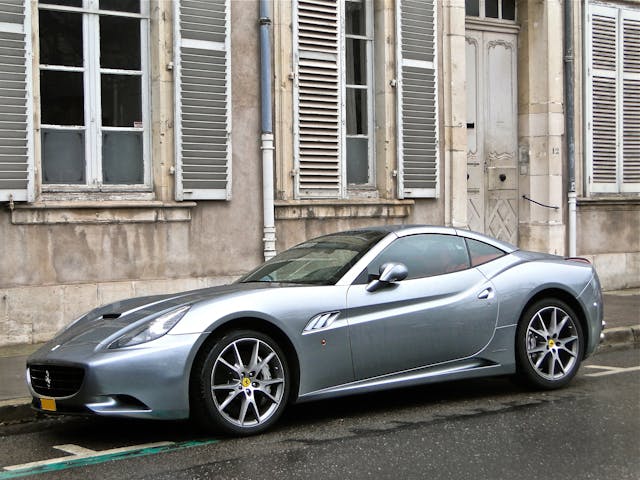
On April 15, in response to Urso’s raising the issue of the 2003 law, Stellantis issued a slightly snarky press release:
During one of the most important weeks for Alfa Romeo’s future, an Italian government official declared that the use of the name “Milano”—chosen by the Brand for its recently unveiled new compact sports car—is banned by law.
The name “Milano,” a public favorite, was chosen to pay tribute to the city where our history all began in 1910. This was not the first time that Alfa Romeo has asked the public’s opinion when choosing the name of a car. It was previously done in 1966 with the Spider 1600 when the name chosen by the public was Duetto.
Despite Alfa Romeo believing that the name met all legal requirements and that there are issues much more important than the name of a new car, Alfa Romeo has decided to change it from “Milano” to “Alfa Romeo Junior” in the spirit of promoting mutual understanding.
The Alfa Romeo team would like to thank the public for the positive feedback, the Italian dealer network for their support, journalists for the enormous media attention given to the new car, and the government for the free publicity brought on by this debate.
With a unique story and an endless list of names to choose from, the name change was not an issue. Indeed, it was a pleasure to go over the list of names selected as favorites from the public’s suggestions, one of which was “Alfa Romeo Junior.”
Putting aside the question of whether or not the chunky little battery-powered compact crossover can accurately be described as a “compact sports car”, like the Milano name, Junior is part of Alfa Romeo’s heritage. After the success of the Giulia and its Sprint GT coupe iteration, for the 1967 model year, Alfa Romeo took aim at a younger audience when it introduced the GT 1300 Junior, a less expensive version with a smaller motor and fewer luxury bits.
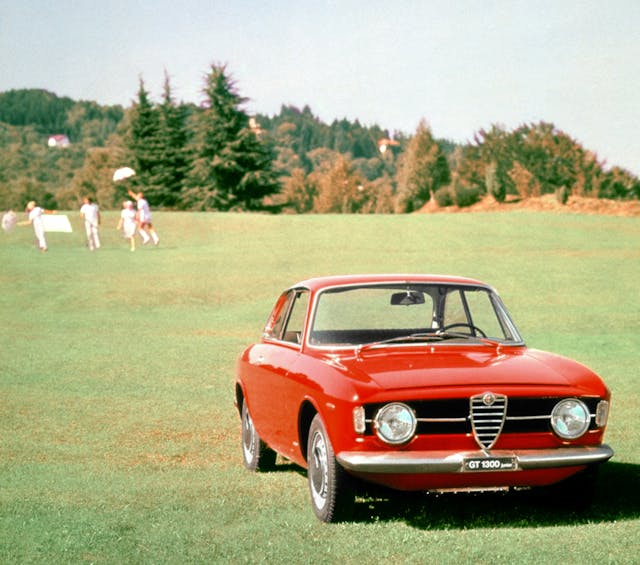
It’s likely that Urso was using that 2003 law and the brand equity Stallantis has in “Milano” for leverage to get the multinational automaker to make more cars in Italy. His remarks about the Made-in-Poland vehicle were in the context of trying to keep Italy’s automotive supply chain healthy, and in response to Stellantis CEO Carlo Tavares’ remarks earlier this week that there could be possible plant closures if Chinese manufacturers started building cars in Italy.
Urso said that if Stellantis fails to build a million or more cars a year in Italy that it will be “inevitable” that an international car maker will step in to build cars there. The Italian government is already in talks with Tesla and three Chinese firms.
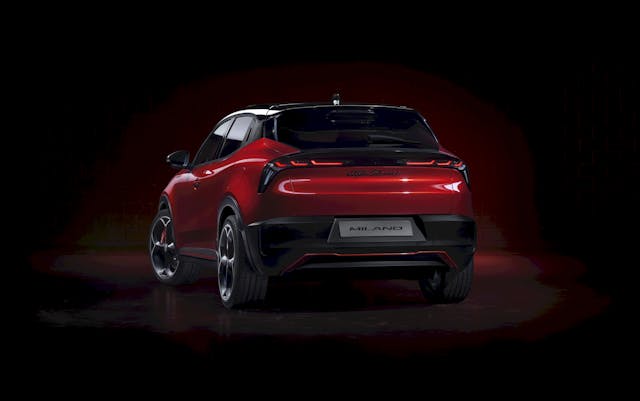
“We are working to enable Stellantis to produce at least one million vehicles in our country, Urso said. “To support the supply chain system, it is absolutely necessary to reach 1.4 million vehicles. If Stellantis believes it can do so, well and good, otherwise it is inevitable that there will be room for another car manufacturer or companies. We are a free market and we can and must incentivize Italian or foreign investment, obviously within the rules of the free market, and on this we are talking to those who consider building production plants in Europe.”
Urso jawboning Stellantis over the issue of the 2003 law was apparently not sufficient incentive to get the company to move production of the new vehicle to Italy.
It’s probably a good thing that we don’t have a similar law here in America about products’ “geographical indications” or we would have been deprived of such classic nameplates as the Chevy Malibu, Pontiac LeMans, or Ford Torino. Also, I wonder what those who crafted “geographical indications” legislation in Italy would have thought about more prestigious models like the Ferrari California and Superamerica not using Italian-sounding names.
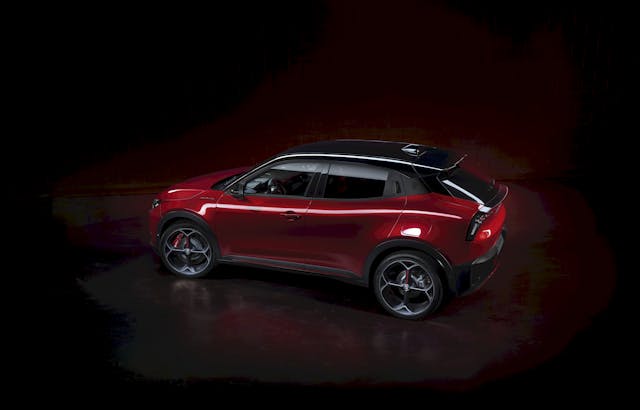
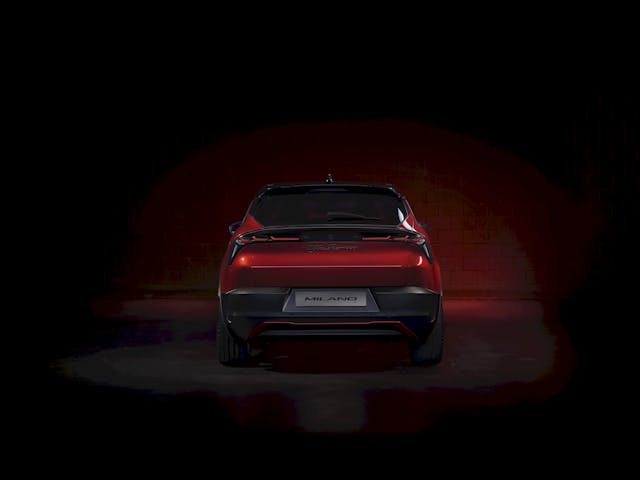
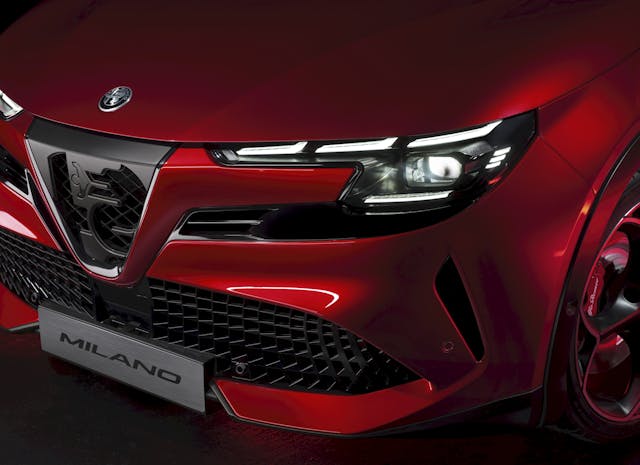
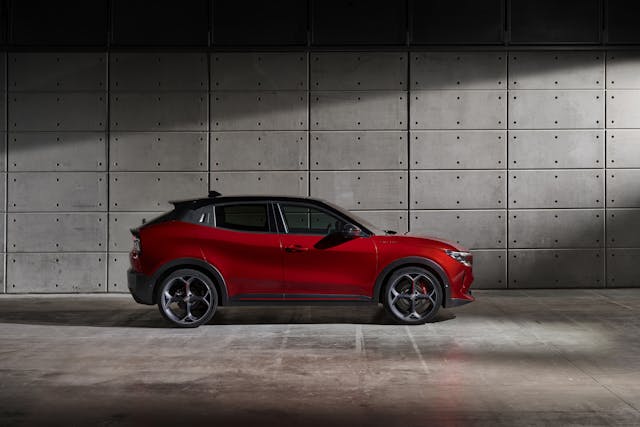
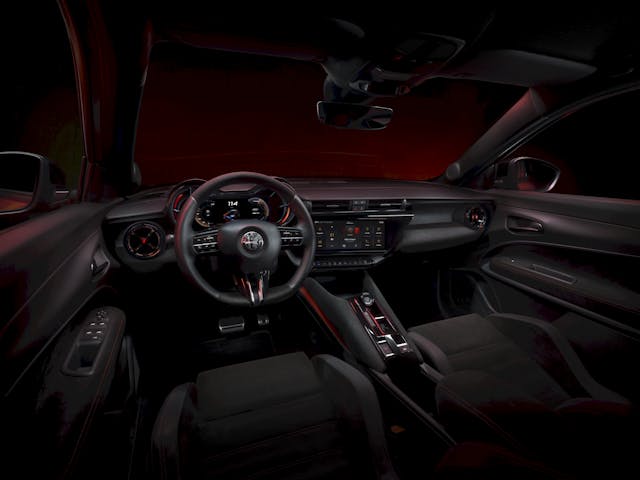
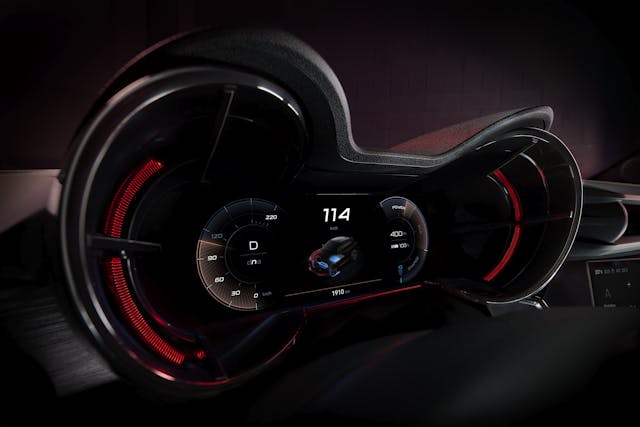
***
Check out the Hagerty Media homepage so you don’t miss a single story, or better yet, bookmark it. To get our best stories delivered right to your inbox, subscribe to our newsletters.
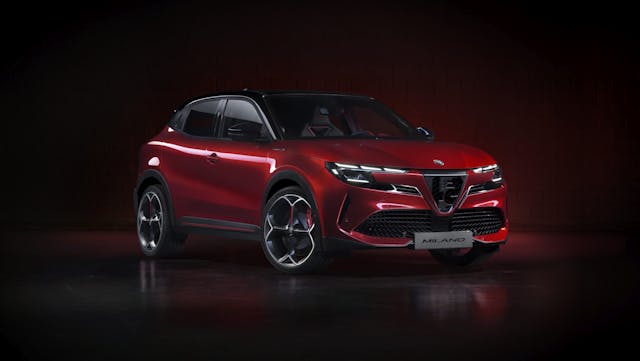


Guess Mercury couldn’t have sold the Milan in Italy either.